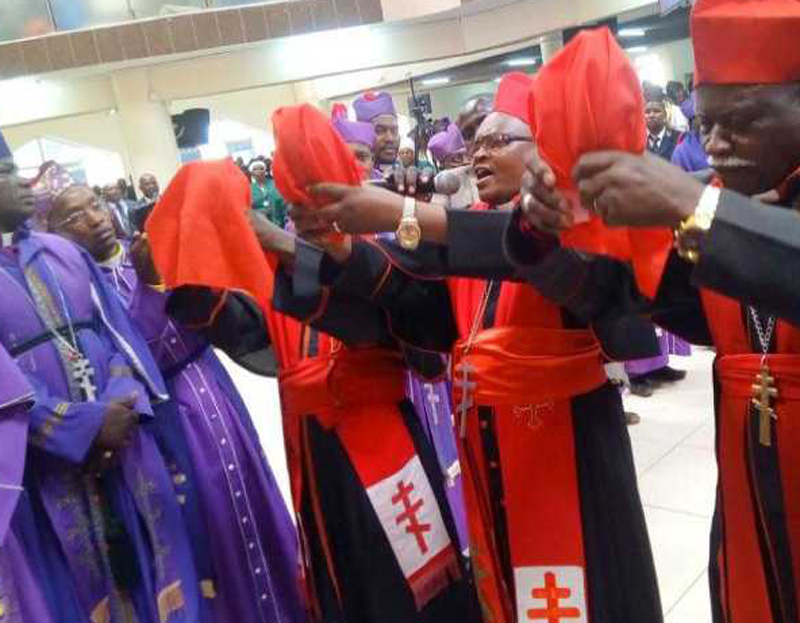×
The Standard e-Paper
Fearless, Trusted News

A row pitting two factions of the African Independent Pentecostal Church of Africa (AIPCA) may end today during the church’s annual event that brings together its parishes from across the country.
The church that has faced turbulence in the past few years is holding the Annual Holy Oil Consecration ceremony at Muthuaini in Nyeri.